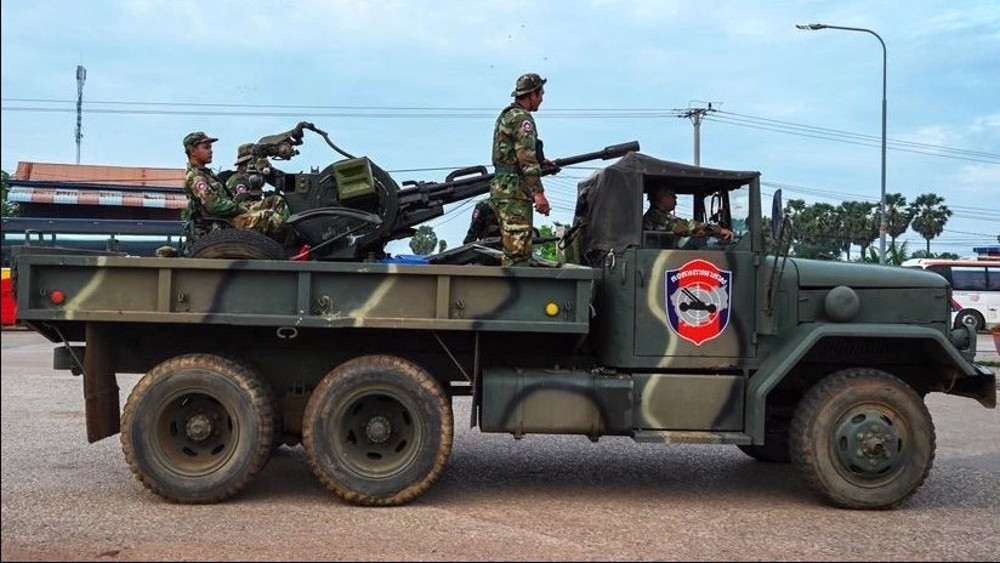US Arab allies seek to sow division among Iraqis, Analyst says
Iraqi forces have started a massive operation to liberate the town of Mosul from Daesh terrorists. According to military sources, the operation, which kicked off on Sunday, is advancing from three directions, namely the south, the east, and the northeast of the city, with the participation of 60,000 forces.
Talking on Press TV's 'The Debate' show, political commentator Ammar Waqqaf described unity among different Iraqi ethnic and religious groups as the only way towards victory over Daesh terrorists.
“If we could draw a general picture here, there is a tendency in the region to divide the populations under Sunni and Shia flags,” Waqqaf said.
According to the analyst, pitting Sunni Arabs in Iraq against the Shias is basically a recipe written by some of the US regional allies, such a Saudi Arabia, to keep Iraq divided and to preserve their own influence in the country.
“There is so much propaganda, so much pressure. People of Mosul, people of the western Iraq, are pushed to go and seek salvation with the likes of Daesh sometimes just to get rid of this monster called 'Shia Arabs' in Iraq.”
So, it is very essential for every single Iraqi to participate in the liberation of Mosul, Waqqaf underscored, adding that a citizen from Basra must not be indifferent towards the conflict in Mosul, because unity is the only way for Iraqis to build a stable state, otherwise, war would continue forever.

Meanwhile, asked about the fate of Iraq after the liberation of Mosul, George Washington University professor Nabil Mikhail, also present on the show, answered that every kind of scenario is possible for the future of Iraq, except for a civil war because Iraqis are exhausted of internal conflicts.
"I think that [there] would be a lot of tension and there are also a lot of rivalries with competing powers like Kurds," Mikhail said.
“To make a long story short, everything depends on how Iraq will assert its sovereignty. I want Prime Minister of Iraq Haider al-Abadi to be as visible as possible to exercise his role as commander-in-chief of the Iraqi forces, to call every member of the anti-ISIL coalition to respect the borders of Iraq, and to express genuine respect for the neighboring countries.”
He also reiterated that the fate of the war against Daesh in Mosul is closely tied to that of Aleppo in Syria, because victory in Mosul would encourage Russian and Syrian forces to quickly put an end to Daesh's presence in Aleppo, a measure that would have certain implications for the United States as the leader of the anti-Assad coalition.
“Let us just make Mosul free and clean of terrorists. Let Iraq assert its sovereignty and see what other regional implications would be,” Mikhail concluded.
Trump administration moved to cut funding for ICE body cameras
VIDEO | Qeshm: Iran’s biggest island boasts 1st UNESCO geopark in region
VIDEO | People in Spain’s Granada mobilize against Gaza genocide, US imperialism
VIDEO | Thousands protest in Brussels over austerity measures
Kata’ib Hezbollah asks fighters to prepare for 'war' in support of Iran
Israeli warplanes conduct new aggressions across southern Lebanon
VIDEO | Possible US-Israeli aggression on Iran
VIDEO | US deadly protest crackdown









 This makes it easy to access the Press TV website
This makes it easy to access the Press TV website